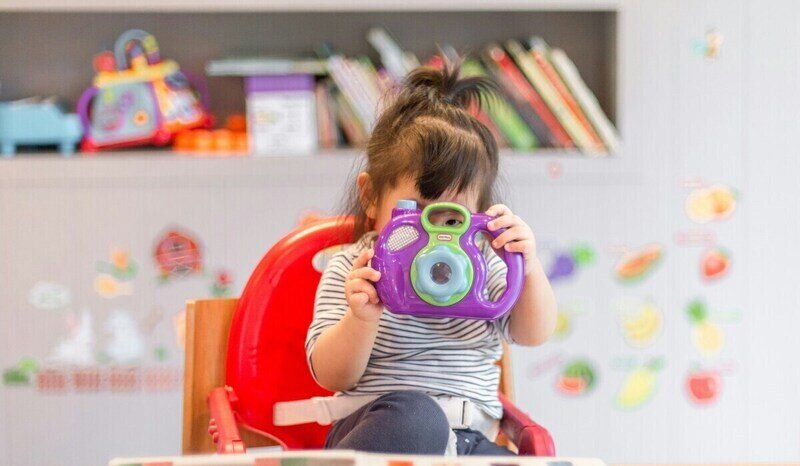Enhancing Generalization for Broader Impact in Autism

Generalization is a crucial aspect of learning, ensuring that skills and behaviors extend beyond the initial learning environment. Without generalization, individuals may struggle to apply what they’ve learned to new situations, limiting the effectiveness of their education or therapy.
In behavioral science, generalization refers to the process by which a learned behavior is applied across different stimuli, responses, or settings.
There are Three Types of Generalization
- Stimulus Generalization: A learned behavior extends to similar situations or stimuli, like a child using words to ask for different toys after learning to do so with a specific toy.
- Response Generalization: A reinforced behavior leads to increased similar behaviors, such as a child using "please" for different requests after being reinforced for doing so when asking for a toy.
- Setting/Situation Generalization: A reinforced behavior in one setting becomes likely in other settings like a child washing hands before meals at home after reinforcement for doing so at school.
Understanding the three primary types of generalization—stimulus, response, and setting/situation—helps educators, therapists, and caregivers foster meaningful, lasting skill development.
Strategies to Achieve Generalization Skills
- Multiple Exemplar Training: Provides varied examples to foster generalization.
- Using Natural Reinforcers: Encourages behavior change to occur in real-life situations
- Teaching Loosely: Altering the teaching method to promote generalization. Initial prompts may be required, which should be gradually reduced as the child begins to independently perform the behavior.
- Consistency is vital for effective generalization. While it may take time, with continual practice and reinforcement, skills learned during therapy can be applied in diverse settings, making therapy more effective and beneficial.
Looking for more information?
For more information on services offered by AIA, or to book your free consultation, visit us at https://www.azinstitute4autism.com, contact us at (480)-707-2195, or email info@azinstitute4autism.com.
If you are looking for more tips, check our monthly blog posts from AIA’s clinical director, Rula Diab!



